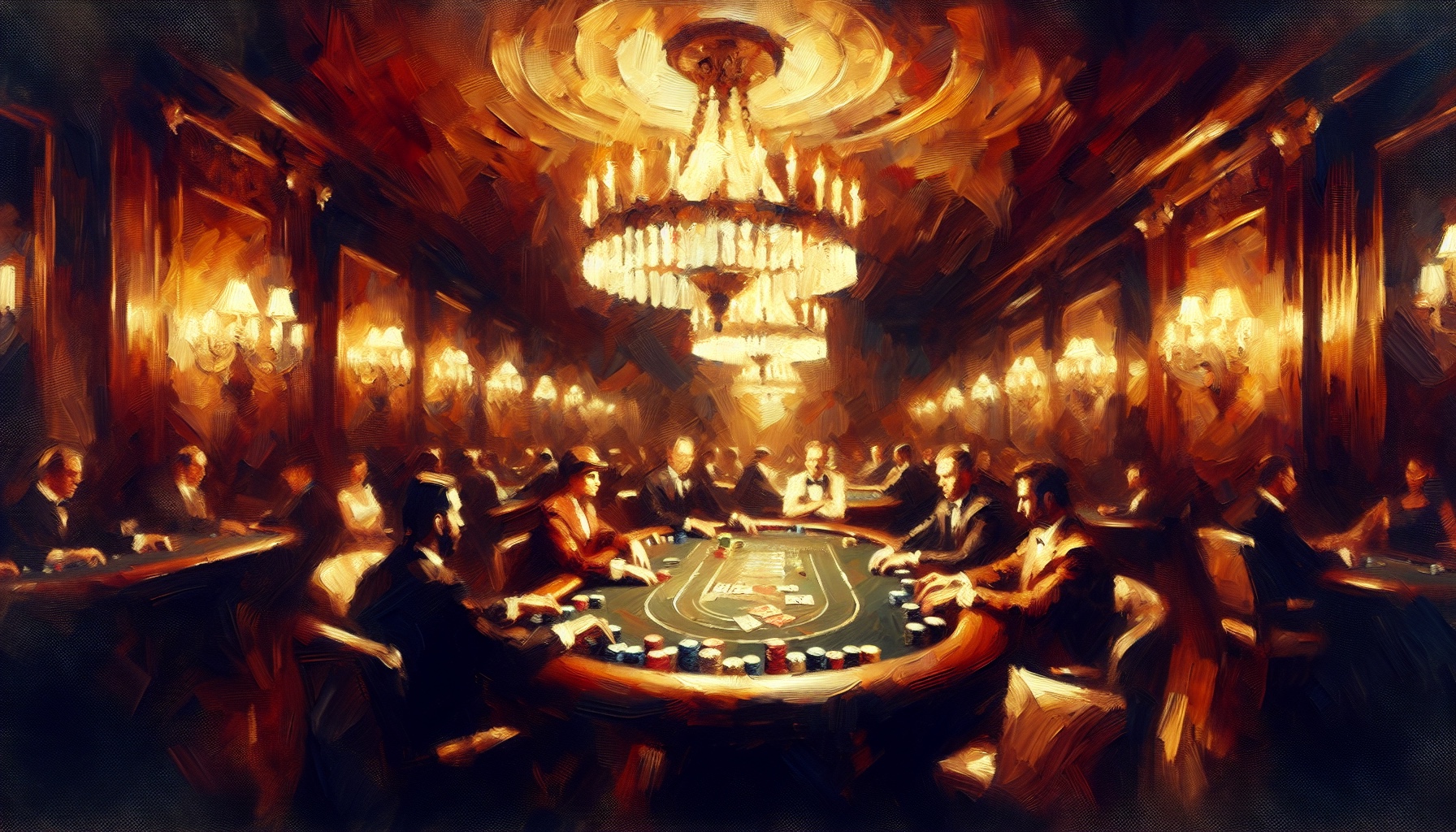
What Does Position Mean in Poker?
In poker, ‘position’ refers to a player’s seat at the table in relation to the dealer button. It determines the order of betting, with players in later positions having the advantage of acting after others. Key positions include early position (EP), middle position (MP), and late position (LP), with the dealer or ‘button’ being the most advantageous. Learn more about online poker strategies.
When You Might Hear Or Use The Term Position:
During any poker game, as players often discuss the advantages or strategies related to their position. It might be mentioned in conversation about strategy, such as “I’m in late position, so I can see how others play before I act.”
In-Game Example:
You’re on the button in a Texas Hold’em game, giving you the advantage of acting last during the betting rounds, allowing you to make more informed decisions based on the actions of other players.
Strategy / Tips:
- Best Practice: Play more hands from late position, as you have more information about your opponents’ actions.
- Common Mistake: Overvaluing your cards in early position without considering the positional disadvantage.
- Pro Tips: Use your position to control the pot size and apply pressure on opponents in earlier positions.
- Differences playing over the table vs online: In live games, physical tells and player tendencies can affect positional play, while online games rely more on statistical analysis and betting patterns.
Alternative names:
None commonly used.
FAQs:
Q: Why is position important in poker?
A: Position is crucial because it allows you to make more informed decisions, controlling the flow of the game by acting after your opponents.
Q: What is the button in poker?
A: The button is a marker that indicates the dealer’s position, rotating clockwise after each hand. It is considered the best position because the player acts last in post-flop betting rounds.

